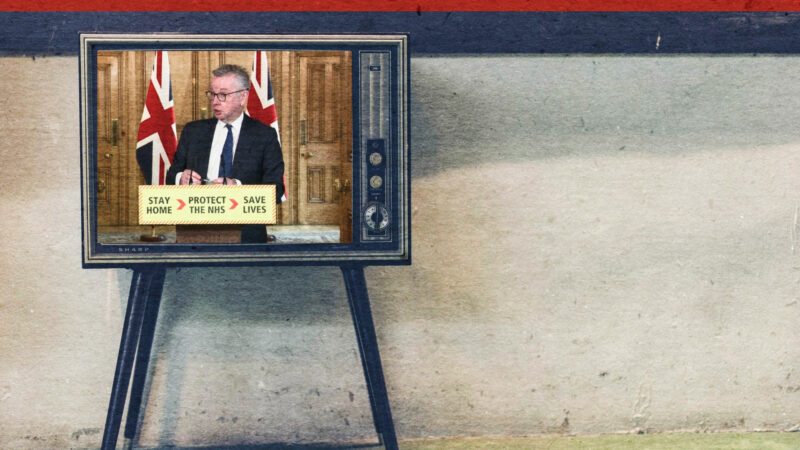
With parliament suspended, the daily coronavirus press conferences are now our primary means of scrutinising the government. But they are becoming torturous – lengthy, rambling, with no opportunity for video-linked journalists to ask follow-up questions. When a particularly tricky query is raised, ministers can simply pass on the responsibility for answering it to one of the medical advisers. Unfortunately, this is not helping. Although the deputy chief medical officer only last week downplayed the importance of testing, saying “there comes a point in a pandemic where that is not an appropriate intervention”, this week “ramping up” testing is a priority. These press events were supposed to offer clarity on the coronavirus response to the public, yet the only clear message is “stay home, protect the NHS, save lives” – and that’s only because it is written on the podium.
Testing is the focus of media coverage today, with the Daily Mail branding it a “fiasco”. They have a point. The government is pressed every day for answers on why exactly the UK seems to be stuck on testing capacity, but a straight-forward answer is rarely offered. The latest reason is that there is a global shortage of chemical reagents, according to Michael Gove. Labour’s shadow business minister Bill Esterson has pointed out, however, that companies in the UK can make them but have not been asked to do so. This was checked by Robert Peston, who contacted the Chemical Industries Association, which said there was no shortage and they were happy to increase production anyway. Why, then, is the UK falling behind Germany and even the US on testing? The answer, it seems, lies in our initial strategy of mitigation and ‘herd immunity’ rather than suppression. Jeremy Hunt has agreed with that conclusion.
Voting in Labour’s leadership contests closes on Thursday at noon. In the run-up to that deadline, we have published final pieces from each main leadership campaign. “Playing it safe is quite simply not an option. It is time for the politics of big ideas,” party chair and Wansbeck MP Ian Lavery wrote in his piece urging readers to vote for Rebecca Long-Bailey. He also stressed that, as a working-class woman from the North, she is best-placed to win back the places Labour lost in December. Jenny Chapman, who lost her seat in December but has been busy chairing Keir Starmer’s campaign since then, highlighted that “we need a Labour Party that can win elections and change people’s lives”. Electability and competence are their key messages. Louise Haigh, a shadow minister and Lisa Nandy’s campaign chair, penned a rather personal piece. “Lisa has a knack for telling the truths that others don’t want to see,” she wrote, describing Nandy as “one of the most talented, intelligent and thoughtful people I know”. Happy voting, readers – the end is in sight!
Sign up to LabourList’s morning email for everything Labour, every weekday morning.



More from LabourList
‘A case for hope amid hard times’
Eluned Morgan splits with Sarwar and backs Prime Minister
‘Putting our values into action: Labour should make social security work for everyone who needs it’